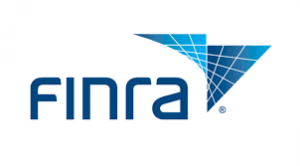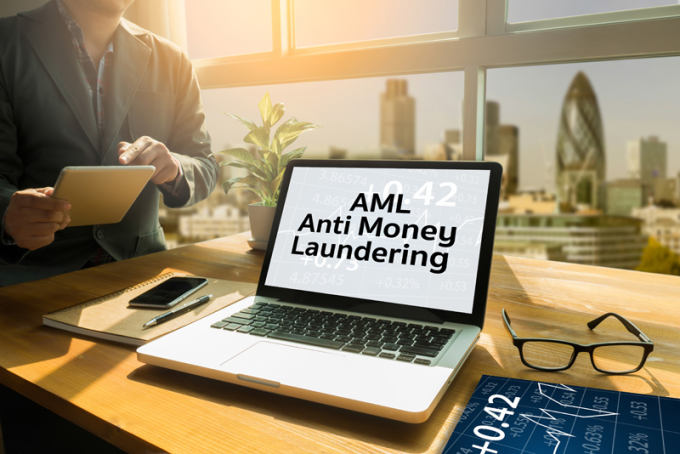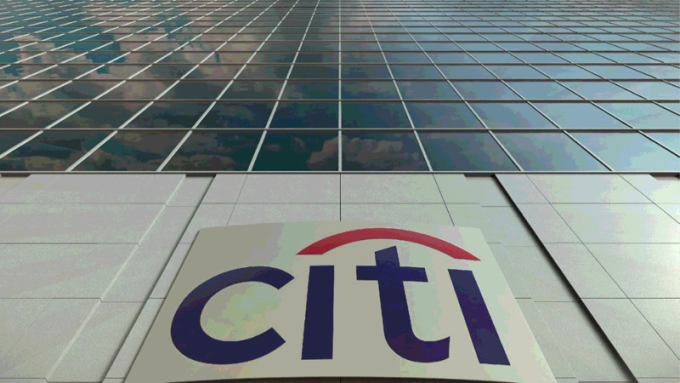
On December 11, 2019, a Chicago-based FINRA arbitration panel body-slammed UBS in a Form U5 defamation case (FINRA Case No. 18-02179 – Munizzi vs. UBS Financial Services Inc.). UBS will need to cough up compensatory damages of $3,149,656, punitive damages of $7.5 million, and almost $500,000 in attorneys’ fees. The bean counters in Zurich can’t be happy. This case should serve as a warning to brokerage firms who play games with Form U5 disclosures.
The issues surrounding Form U5 disclosures are well known. Firms are required to state a reason for an individual’s termination as either “discharged,” “other,’ permitted to resign,” “deceased,” or voluntary.” If the reason for termination is designated as discharged, permitted to resign or other, the firm is required to provide a written explanation. This is where things get funky, particularly where the individual contests the explanation offered-up by the firm.
Lawyers tend to squabble over whether a firm can be successfully sued for defamatory statements on a registration termination form (Form U5). Brokerage firm’s argue that FINRA requires them to provide timely, complete and accurate information on Form U5 concerning the individual’s termination. Firm’s will often cite to FINRA Regulatory Notice 10-39 [a copy can be viewed here] to support this proposition. Thus, many firms will claim to enjoy “absolute immunity” for statements made on a Form U5 and rely upon Rosenberg v. Metlife, 8 N.Y.3d 359 (2007) (where New York’s highest court ruled that defamatory statements on a Form U5 are subject to an absolute privilege). However, as set forth in the tables below, New York’s position on Form U5 immunity is clearly the minority view, since most states that have considered this issue provide brokerage firm’s with only qualified immunity (meaning, immunity for statements made in “good faith”):
| MAJORITY POSITION: QUALIFIED IMMUNITY |
| State |
Case |
| Arizona |
Wietecha v. Ameritas Life Ins. Corp., No. CIV 05-0324-PHX-SMM, 2006 WL 2772838 (D. Ariz. Sep. 27, 2006) |
| Connecticut |
Dickinson v. Merrill Lynch, 431 F. Supp. 2d 247 (D. Conn. 2006) |
| Florida |
Smith-Johnson v. Thrivent, No. 803CV2551T30EAJ, 2005 WL 1705471 (M.D. Fla. July 20, 2005) |
| Illinois |
Bavarati v. Josephthal, Lyon & Ross, 28 F.3d 704 (7th Cir. 1994) |
| Michigan |
Andrews v. Prudential, 160 F. 3d 304 (6th Cir. 1998) |
| Oklahoma |
Prudential Sec. Inc. v. Dalton, 929 F. Supp. 1411 (1996) |
| Tennessee |
Glennon v. Dean Witter, 83 F.3d 132 (6th Cir. 1996) |
| Texas |
In re Wakefield, 293 B.R. 372 (N.D. Tex. 2003) |
In addition, a number of states have enacted Section 507 of the Uniform Securities Act, which specifically provides for qualified immunity (the firm can be liable for defamation if the firm knew or should have known that the statement was false, or acted in reckless disregard of the statement’s truth or falsity.
| MAJORITY POSITION: QUALIFIED IMMUNITY |
| State |
Statute |
| Hawaii |
HAW. REV. STAT. ANN. § 485A-507 (2006) |
| Idaho |
IDAHO CODE ANN. § 30-14-507 (2004) |
| Kansas |
KAN. STAT. ANN. § 17-21a507 (2005) |
| Maine |
ME. REV. STAT. ANN. 32, § 16507 (2005) |
| Minnesota |
MINN. STAT. ANN. § 80A.74 (2007) |
| Missouri |
MO. REV. STAT. § 409.5-507 (2003) |
| Oklahoma |
OKLA. STAT. ANN. 71, § 1-507 (2004) |
| South Carolina |
S.C. CODE ANN. § 35-1-507 (2006) |
| South Dakota |
S.D. CODIFIED LAWS § 47-31B-507 (2002) |
| U.S. Virgin Islands |
V.I. CODE ANN. 9, § 657 (2004) |
| Vermont |
VT. STAT. ANN. 9, § 5507 (2006) |
In addition, the regulatory community has historically supported the proposition of qualified immunity instead of absolute immunity. In 1997, FINRA (then NASD) even proposed a rule specifically provided only qualified immunity for Form U5 disclosure [click here to read the Notice to Members]. Additionally, in 1996, then SEC Commissioner, Isaac C. Hunt, Jr., forcefully advocated for qualified immunity [click here to read his remarks].
Herskovits PLLC has a nationwide practice representing individuals in the securities industry in employment and compensation disputes, including Form U5 defamation cases and Form U5 reformation cases. Feel free to view our practice area page or call us at 212-897-5410.

 FINRA Lawyer Blog
FINRA Lawyer Blog







